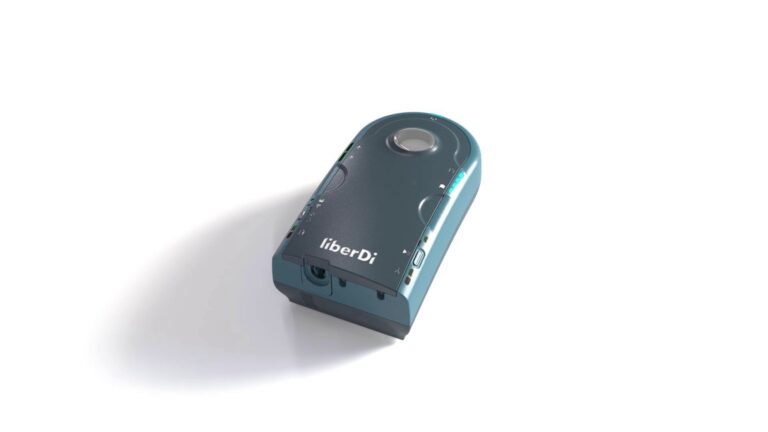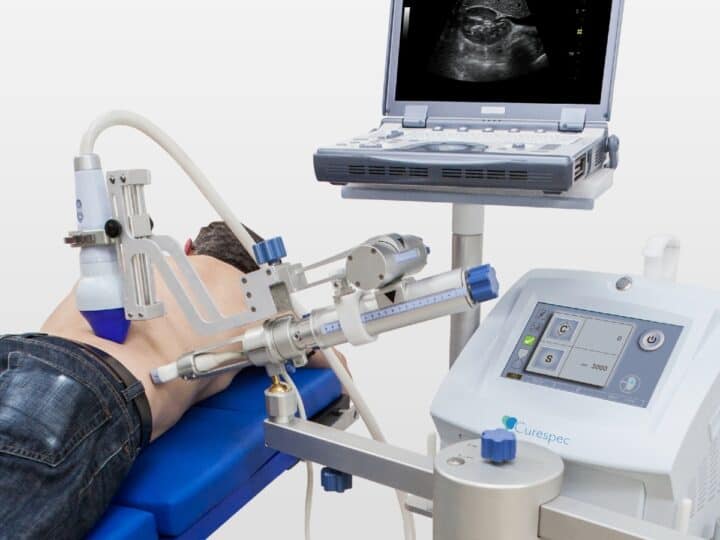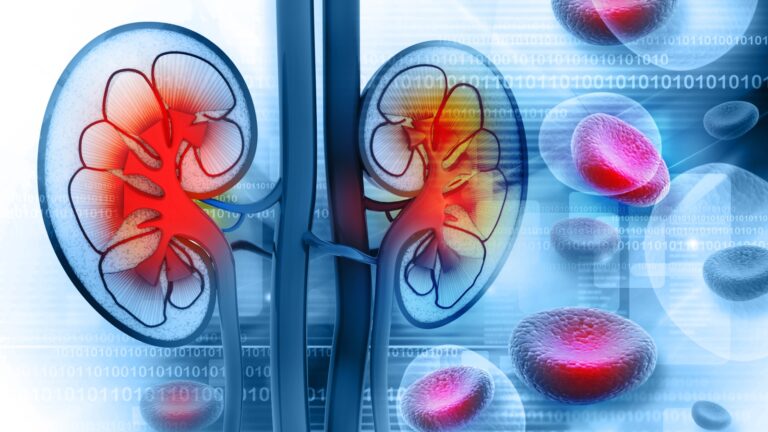Healthy kidneys automatically filter waste from the blood 24/7. But for millions of people with advanced kidney disease – including about 570,000 Americans — that essential task is no longer automatic.
The job of failed kidneys must be done by a long, exhausting process called dialysis at least several times a week.
About 90 percent of people with kidney failure spend half their remaining lifetime hooked up to dialysis machines and traveling to and from dialysis clinics.
The poor quality of life for dialysis patients became a personal concern of medical device executive Hezkiah Tsoory in 2014, when his own father began this life-supporting treatment.
“Together with a group of scientists, engineers and nephrology [kidney] experts, we came up with a solution that will enable patients and their families to do home dialysis in a very scalable, safe way: a Digital Dialysis Clinic,” says Tsoory, CEO of liberDi based in Or Akiva, Israel.
“Our system is positioned to replace traditional full-service, in-clinic care with a self-care system suitable for many people on or requiring dialysis.”
A Trendlines portfolio company, liberDi received funding from the European Union’s Horizon 2019 research and innovation program and won first prize in the 2021 Medimor-Poriyah Medical Center MedTech Startup Contest.
Last December, liberDi received regulatory clearance from the US Food and Drug Administration (FDA). Soon, patients in Israel and the United States will be able to dialyze by themselves at home or at work, monitored by their physician via smartphone.
The less known dialysis method
There are two types of dialysis: hemodialysis and peritoneal dialysis.
In hemodialysis, a machine removes the blood from a needle in the arm, filters it and returns it to the body through another needle in the arm.
About 90% of dialysis patients are on hemodialysis, mostly performed in clinics three times a week. Even the 2.1% of US patients able and willing to insert the needles themselves at home spend three to five hours immobilized during each session, four to seven times weekly.
Peritoneal dialysis uses the abdominal peritoneum as a filtering membrane through which fluid and dissolved substances are exchanged with the blood to cleanse it. This is performed several times daily via a catheter surgically implanted in the abdominal cavity.
Tsoory discovered that the cheaper and less invasive peritoneal dialysis is vastly underutilized — partly because medical professionals can’t monitor it remotely, and partly because the patient has to connect and disconnect the fluid bags from the catheter and risks infection where the catheter enters the belly.
Simulating how kidneys work
“We looked at the problem through eyes of patients and families and came up with a system that is very different than anything else out there today,” Tsoory tells ISRAEL21c.
“Our Digital Dialysis Clinic takes care of all the monitoring, including accurate performance of the fluid exchange, and is designed to disinfect the catheter.”
The liberDi system removes the used fluid (effluent), which is safely disposed in the sewage, and introduces fresh fluid – a process lasting 20 or 25 minutes several times per day as opposed to 60 to 90 minutes the way it’s currently done.
“Altogether, it takes about an hour and 20 minutes,” says Tsoory. “Patients typically do it first thing in the morning and at lunchtime, evening and bedtime.”
The actual blood filtering takes place in the peritoneal cavity slowly, when the patient is disconnected from the device.
“It’s a long process but with less negative impact on the body,” Tsoory explains. “It’s needle-free and it doesn’t change your blood pressure like in hemodialysis because it’s gradual and better simulates the way kidneys work.”
What the doctors say
Two initial clinical studies in Israel demonstrated the safety and effectiveness of liberDi’s system on 42 dialysis patients in hospitals and at home.
The company also evaluated the ease of use among people requiring dialysis and their caregivers, as well as nephrologists and dialysis nurses. The study proved that one 90-minute training session was sufficient.
“This represents an exciting development for peritoneal dialysis,” said Dr. Edwina Brown, president of the International Society for Peritoneal Dialysis and professor of renal medicine at Imperial College London. “It makes at-home peritoneal dialysis easier and quicker … and with remote monitoring available for the dialysis center it will make dialysis at home more accessible for the many people globally who develop kidney failure.”

Dr. Victor Frajewicki, chief of dialysis and hypertension care at Carmel Medical Center in Haifa and a medical adviser to liberDi, tells ISRAEL21c that the Digital Dialysis Clinic solves the main problem for home peritoneal dialysis for the last 35 years: connecting and disconnecting the bags of fluid for the peritoneal cavity.
“The device electronically connects and disconnects the patient from the system and flushes the system with antiseptic solution to help prevent infection,” he explains. “And it detects changes in temperature so if there is any sign of fever indicating infection I’ll know immediately.”
The Digital Dialysis Clinic sends all data to the cloud, he adds, “so the physician or nurse knows exactly what the patient is doing and how much fluid goes in and out. Usually I send the patient home and I’m never sure if the procedure is performed properly. I now know what the patient is doing.”
Frajewicki says liberDi “gives the possibility of more freedom because patients manage their own treatment,” and furthermore the system can be used by people with limited vision, which is not possible with the current peritoneal dialysis method.
“They don’t have to see well to do this — they just put in a cassette, close the device and push a button.”
Frajewicki is optimistic that within a couple of months hospitals could buy these devices and send them home with patients after training.
The company, which employs 10 people, is now raising funds to expand its team, start commercialization in Israel, the United States and possibly Europe, and continue to develop its product portfolio.
“We’re excited to start 2023 with FDA clearance allowing liberDi to bring its Digital Dialysis Clinic to the US market to improve treatment as well as the quality of life to dialysis patients and their families,” said liberDi Chairman Caroll Neubauer, former CEO of B. Braun USA.
For more information, click here.















